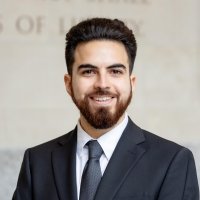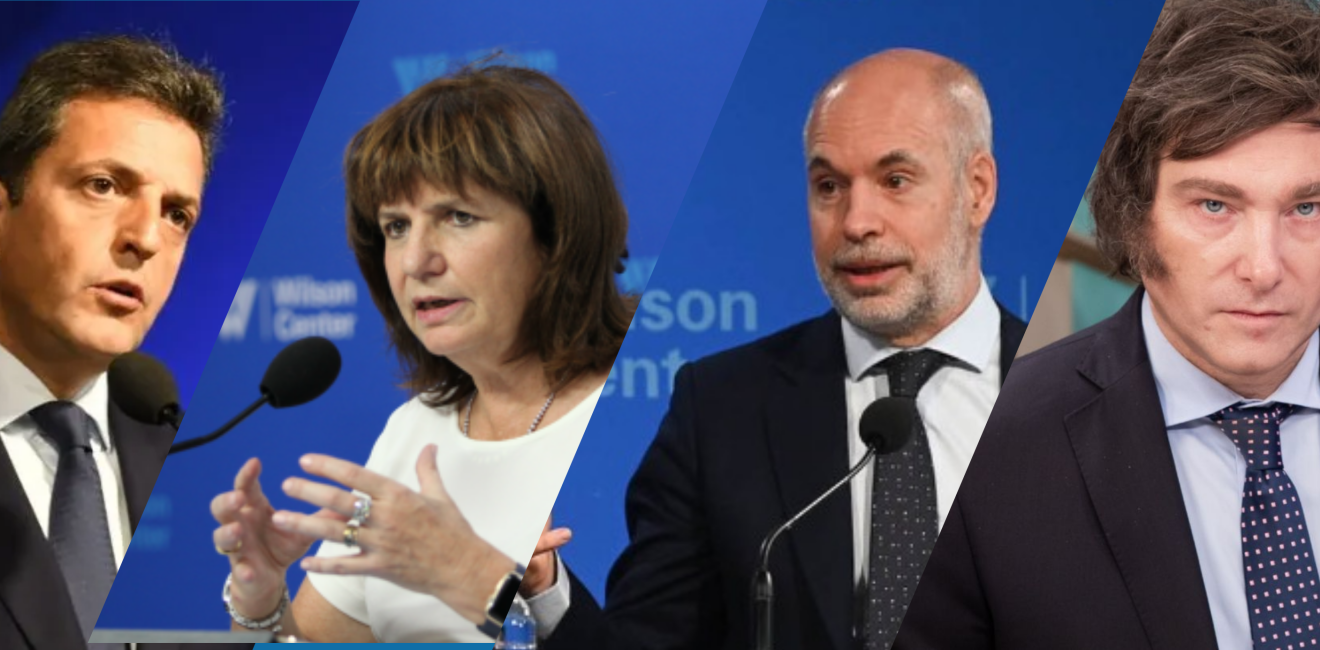
A blog of the Latin America Program
This Sunday, Argentina holds its presidential primary to choose the candidates for the October 22 election. This is by far the most consequential primary process since the system was established over a decade ago.
For the ruling Peronist party, Sergio Massa, the minister of economy, hopes to be the most-voted individual candidate. That would give his candidacy momentum, helping him overcome the burdens of his day job, running the economy in a country with triple-digit inflation and where the highest denomination banknote is worth a little more than $3 at the unofficial exchange rate.
It helps that an agreement among Peronist leaders sidelined several of Massa’s potential primary opponents, including the interior minister and a former governor of Buenos Aires. Still, he is not running unopposed; social leader Juan Grabois declined to endorse Massa’s candidacy, and his campaign has attracted support from some Peronists associated with Cristina Kirchner’s wing of the party.
This is by far the most consequential primary process since the system was established over a decade ago.”
For the opposition Juntos por el Cambio, the coalition that ruled from 2015 to 2019, the primary is a more complicated exercise. That is because the coalition was unable to agree upon a candidate, as is common practice, choosing instead to leave the decision to voters. As a result, two of the coalition’s most prominent figures are battling it out: Horacio Rodríguez Larreta, former President Mauricio Macri’s successor as mayor of Buenos Aires, and Patricia Bullrich, Macri’s former security minister.
Despite the bitter rivalry, there is a great deal of agreement on policy. Senior economic advisers to Rodríguez Larreta and Bullrich favor the removal of subsidies to state-owned enterprises, advocate tax and labor reforms, propose eliminating export taxes and quickly eliminating capital controls, and promise an independent central bank. Both campaigns say Argentines are open to substantial and abrupt budget cuts and thorough structural reform.
Those proposals appear modest, however, compared to the platform of the libertarian Javier Milei. He says he would dismantle the Central Bank, dollarize the economy, and drastically downsize the state.
Those trends – reflecting deep public frustration over the economy and disenchantment with the political system – make this election especially hard to forecast.”
The four major candidates offer Argentines a wide range of ideas. Even so, if recent elections are a guide, many voters will not show up on Sunday, though voting is technically obligatory. The 2021 midterms saw the lowest turnout since the return of democracy in 1983. During this year’s provincial elections, one third of eligible voters stayed home.
Those trends – reflecting deep public frustration over the economy and disenchantment with the political system – make this election especially hard to forecast. The last time Argentines were this angry, they elected Néstor Kirchner, an unknown governor from icy Patagonia, whose inner advisers were known as “penguins.” Two decades later, the movement he started, and that was carried on by his widow and successor, Cristina Kirchner, remains a major force in Argentine politics.
Author


Latin America Program
The Wilson Center’s prestigious Latin America Program provides non-partisan expertise to a broad community of decision makers in the United States and Latin America on critical policy issues facing the Hemisphere. The Program provides insightful and actionable research for policymakers, private sector leaders, journalists, and public intellectuals in the United States and Latin America. To bridge the gap between scholarship and policy action, it fosters new inquiry, sponsors high-level public and private meetings among multiple stakeholders, and explores policy options to improve outcomes for citizens throughout the Americas. Drawing on the Wilson Center’s strength as the nation’s key non-partisan policy forum, the Program serves as a trusted source of analysis and a vital point of contact between the worlds of scholarship and action. Read more


Argentina Project
The Argentina Project is the premier institution for policy-relevant research on politics and economics in Argentina. Read more

Explore More in Weekly Asado
Browse Weekly Asado
Dengue Haunts South America’s Summers

Lessons from Costa Rica’s Economic Transformation

Women and Latin America’s Digital Revolution

